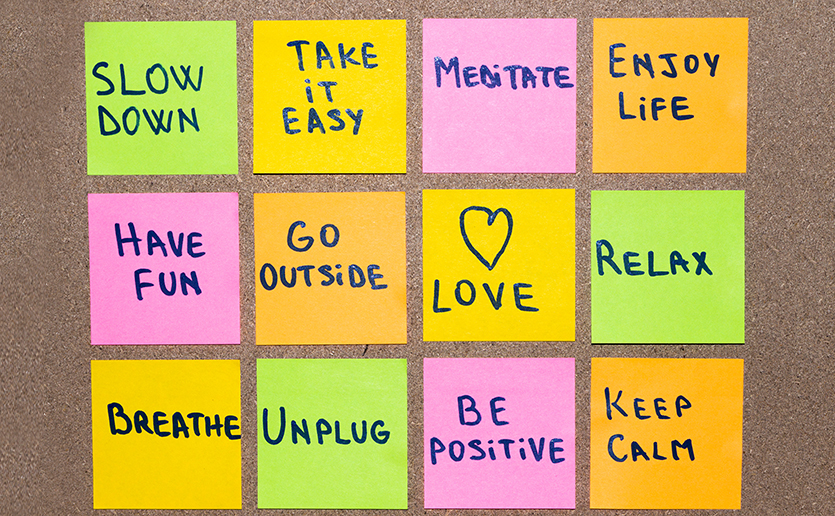In the aftermath of September 11, children’s television legend “Mister Rogers,” created four videos for parents to view with their youngsters to help their children understand the terrorist attacks while restoring their sense of security and safety. In an especially impactful quote, he advised parents to tell their children that in times of uncertainty to “Look to the people who are helping.”
Making sense when the world does not make sense is a challenge, especially when the daily news brings yet another example of adversity and tragedy happening somewhere in the world. Even if these events do not touch us personally, we still empathize with the fate of others. This can be profoundly draining over time.
What can we do to keep ourselves anchored in our own lives while following what is happening around us? This is a deeply personal endeavor, and making sense of fluctuating or chaotic situations is a fundamental aspect of human resilience, adaptability and coping. Here are some strategies and perspectives to consider as you strive to make sense of the world around you:
- Accept Uncertainty: Recognize that the world is a complex and unpredictable place. Not everything will make sense, and that’s okay. Embrace uncertainty as a natural part of life.
- Focus on What You Can Control: While you may not be able to make sense of everything in the world, you can control your own actions and responses. Concentrate on the aspects of your life that you have influence over.
- Seek Perspective: Talk to others, read or engage in conversations with people from diverse backgrounds. Different perspectives can help you gain a better understanding of complex issues.
- Learn and Self-Educate: Sometimes, the more you understand about a particular topic or issue, the more it begins to make sense. Engage in lifelong learning to gain a deeper understanding of the world.
- Limit Exposure to Negative News: Constant exposure to distressing news can contribute to a feeling of the world not making sense. It’s essential to stay informed but also important to limit your exposure when it becomes overwhelming.
- Cultivate Resilience: Build your emotional resilience by developing coping strategies, such as problem-solving skills and the ability to emotionally regulate. Seeking social support through time with family, friends or even interest groups is a strategy.
- Practice Mindfulness: Mindfulness meditation and other relaxation techniques can help you stay grounded and centered when the world feels chaotic.
- Find Meaning: Sometimes, the sense we seek doesn’t come from understanding the world as a whole but from finding personal meaning and purpose in your life. Engage in activities and relationships that bring you fulfillment.
- Maintain a Sense of Humor: Humor can be a powerful tool in making sense of the senseless. Finding humor in difficult situations can be a way to cope with the chaos of the world.
- Therapy and Support: If you’re struggling to make sense of a world that doesn’t make sense, consider seeking professional help from a therapist or counselor. They can provide guidance and support.
- Accept That Some Things Won’t Make Sense: It’s important to realize that not everything can be neatly explained or understood. Sometimes, you need to accept that certain aspects of life will remain a mystery.
- Help Others: Being of service to others, whether through volunteer work, helping friends and family or engaging in acts of kindness, can provide a sense of purpose and contribute to making the world feel more meaningful. Just like Mister Rogers said so many years ago.
Remember that making sense of the world is an ongoing process, and it’s natural to encounter moments when things seem chaotic or incomprehensible. By adopting these strategies and perspectives, you can navigate the complexities of life with greater resilience and understanding.
This story first appeared on Massachusetts General Hospital’s news page in October 2023.



